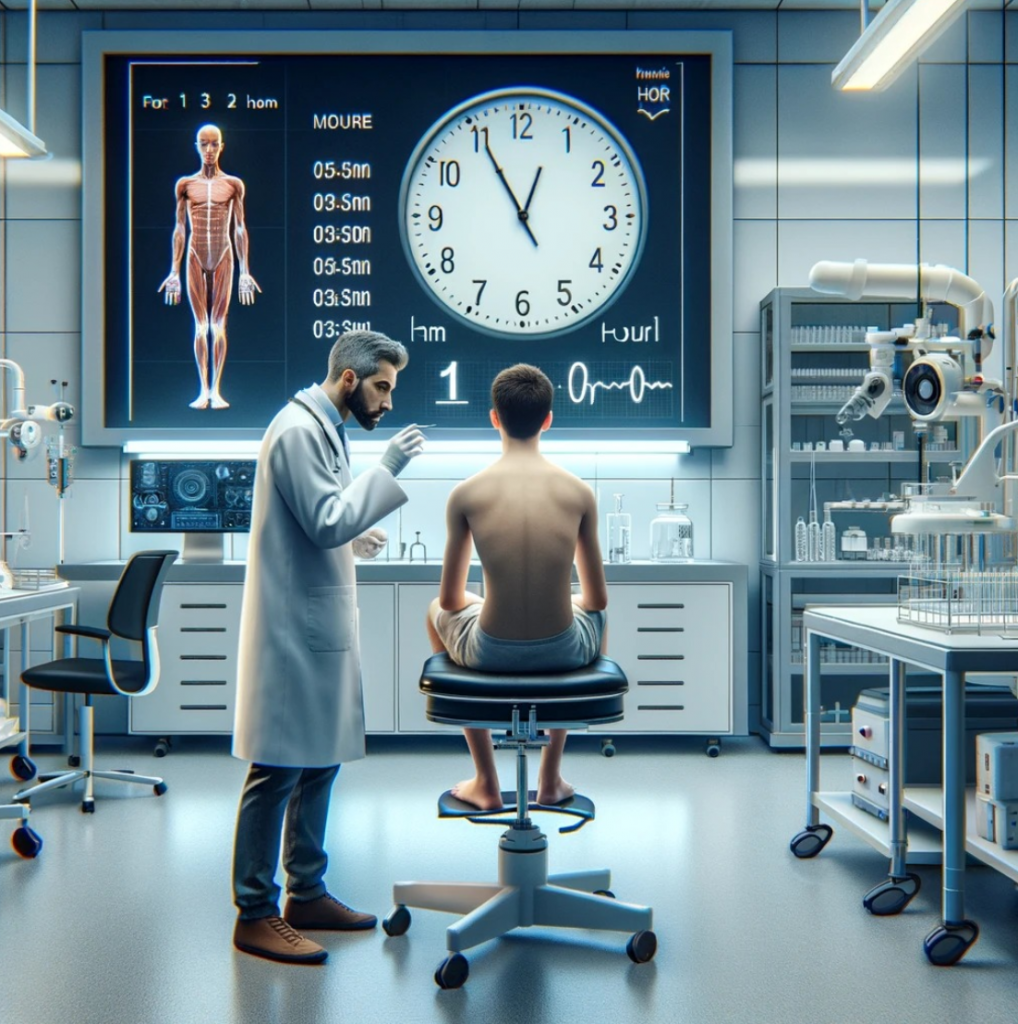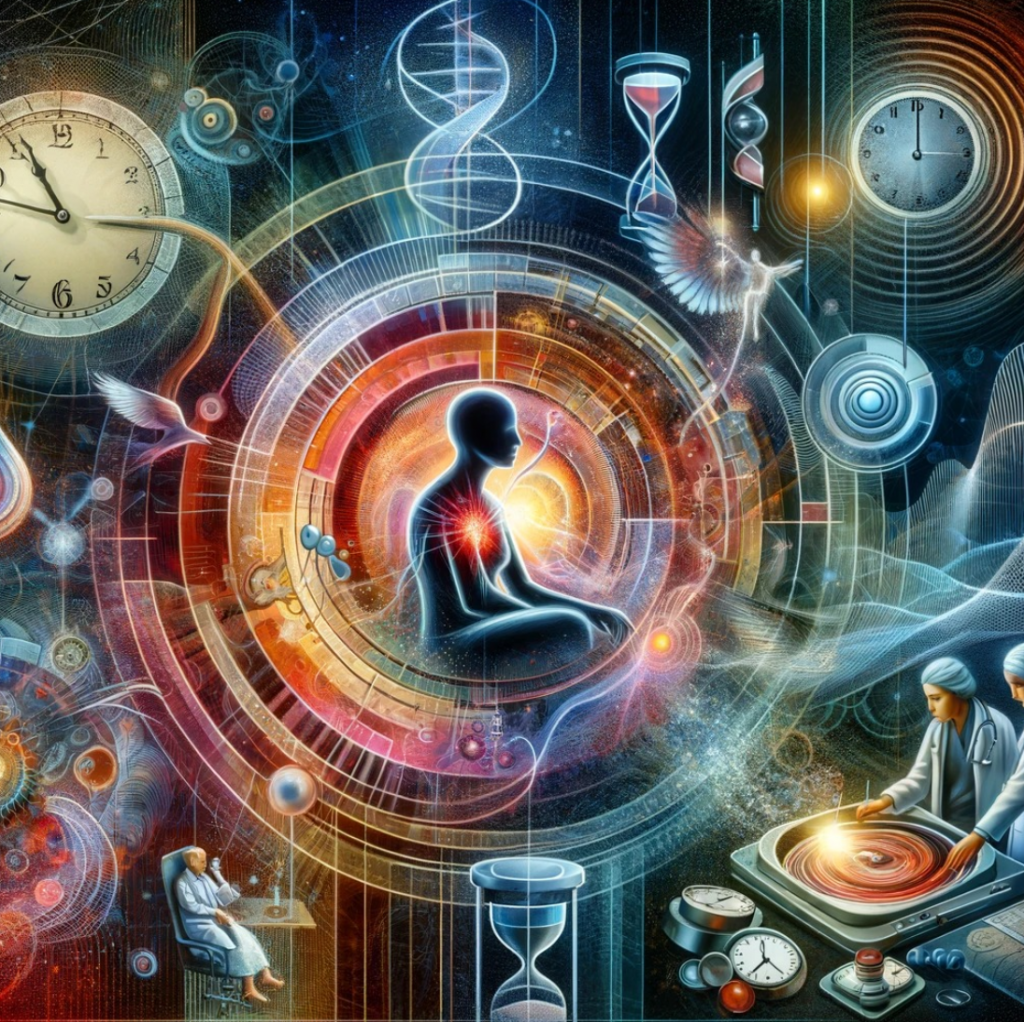The Impact of Perceived Time on Physical Healing
An intriguing piece of research from the scientific community: Psychologists Peter Aungle and Ellen Langer from Harvard University conducted a study revealing that perceived time significantly influences the healing of physical wounds. Published in the Scientific Reports journal in 2023, this research takes a new dimension in examining the effects of psychological processes on physical health.
The study was carried out by inflicting minor, painless wounds on volunteer participants. Their perception of time was altered in a laboratory setting: Slow Time (0.5x real time), Normal Time (1x real time), and Fast Time (2x real time). Under these three different conditions, the healing processes of the wounds were observed. Interestingly, when participants believed more time had passed, the wounds healed faster. Conversely, when they believed less time had passed, the healing process was slower.

To simplify, a group of scientists conducted an experiment. In the experiment, small, painless wounds were made on some people. Then, these people were made to believe they were experiencing different durations in the laboratory. For example, one group was told “an hour has passed” when in reality only half an hour had passed. This is the “Slow Time” experiment. Another group was correctly told “1 hour has passed,” representing “Normal Time.” Finally, a group was told “2 hours have passed,” though in reality, it was only an hour. This is known as “Fast Time.” Then, scientists looked at how people’s wounds healed under these different perceptions of time. Interestingly, the wounds of the people in the “2 hours passed” group actually healed in just one hour. But in the group told “half an hour passed,” the healing took longer. Thus, the more time people thought had passed, the faster their wounds healed. This experiment shows how much people’s thoughts can help in the healing of their bodies.
These findings open new doors to more deeply explore the interactions between the mind and body and their effects on health. Traditionally, the effects of psychological factors on physical health have been evaluated through emotional states (for instance, stress, inflammation, and immune functions) and behaviors (for instance, beliefs that promote healthy actions). However, this research shows that abstract beliefs we hold about our bodies can also directly shape our physical health.
This study presents a strong argument for a more comprehensive assessment of the “unity” concept of mind and body and its effects on health. The researchers propose that psychological factors have a broader range of effects on physical health, thereby offering a new direction for future research in this area.

This research challenges traditional approaches in the health field and encourages us to consider the potential impacts of the mind-body connection on our health more comprehensively. The increasing presence of such research both in academic circles and in the general understanding of health is promising.
References:
“Perceived time has an actual effect on physical healing, study finds” – Harvard University, Scientific Reports (2023).
Peter Aungle et al., “Physical healing as a function of perceived time”, Scientific Reports (2023). DOI: 10.1038/s41598-023-5000